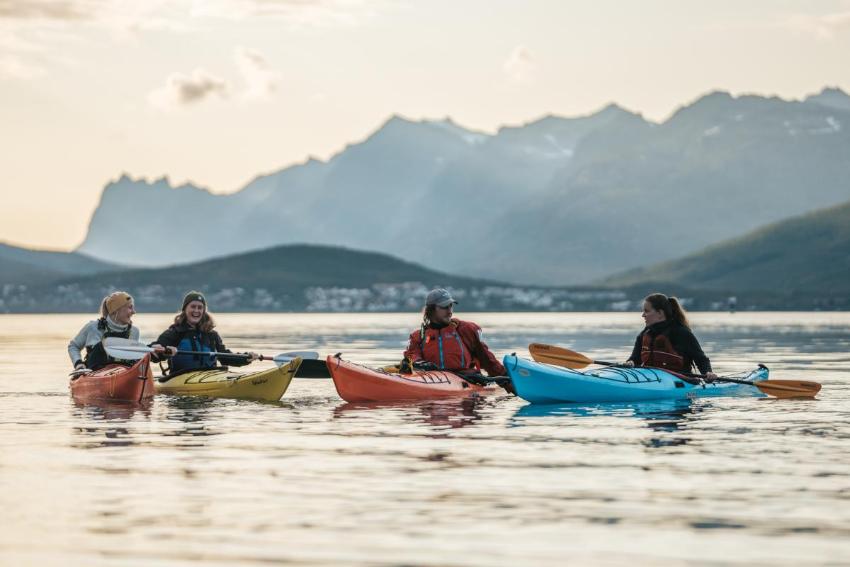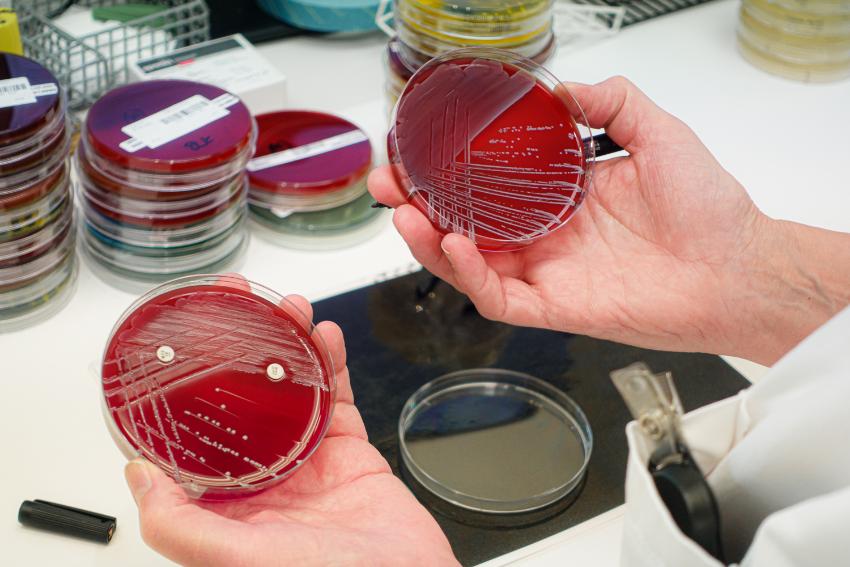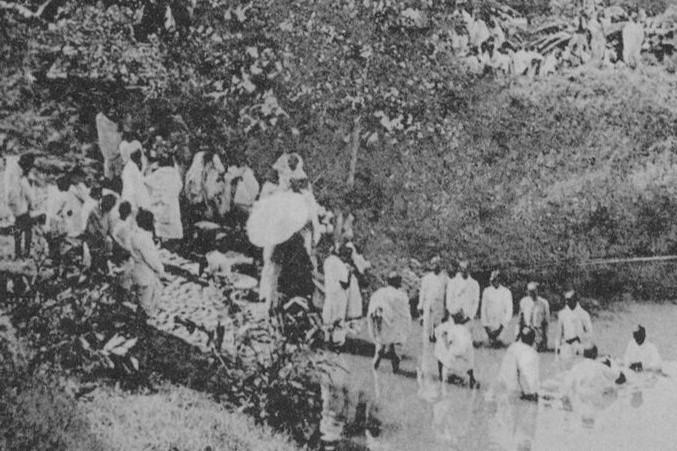Opportunities for collaboration on Indigenous health research and education
On August 22 and 23, the Centre for Sami Health Research (CSHR) hosted Associated Dean Donald K. Warne from the University of North Dakota (UND) and Professor Pål Davidsen from the University of Bergen (UiB) as our guests. During two productive days, we discussed opportunities for collaboration between our institutions.
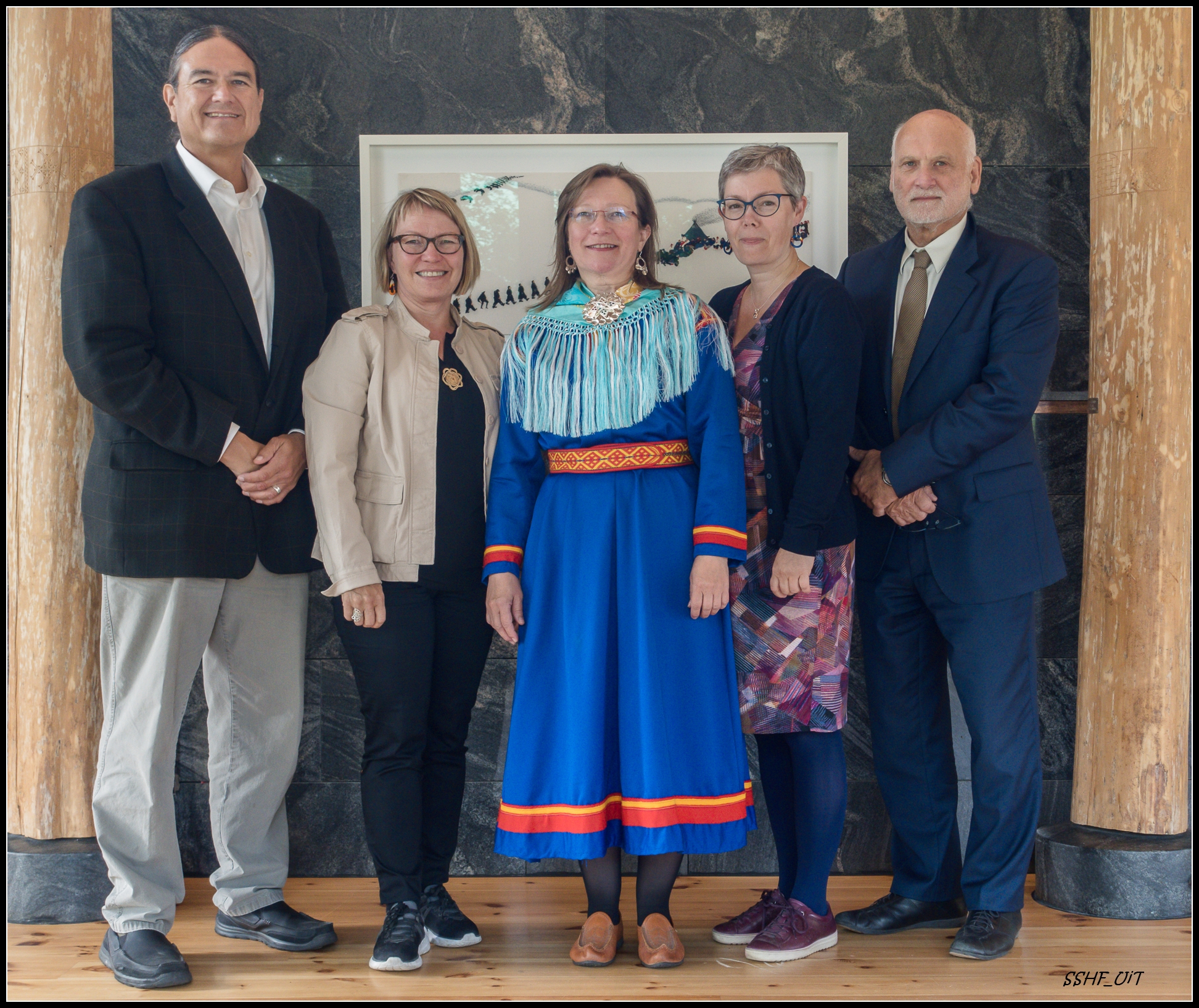
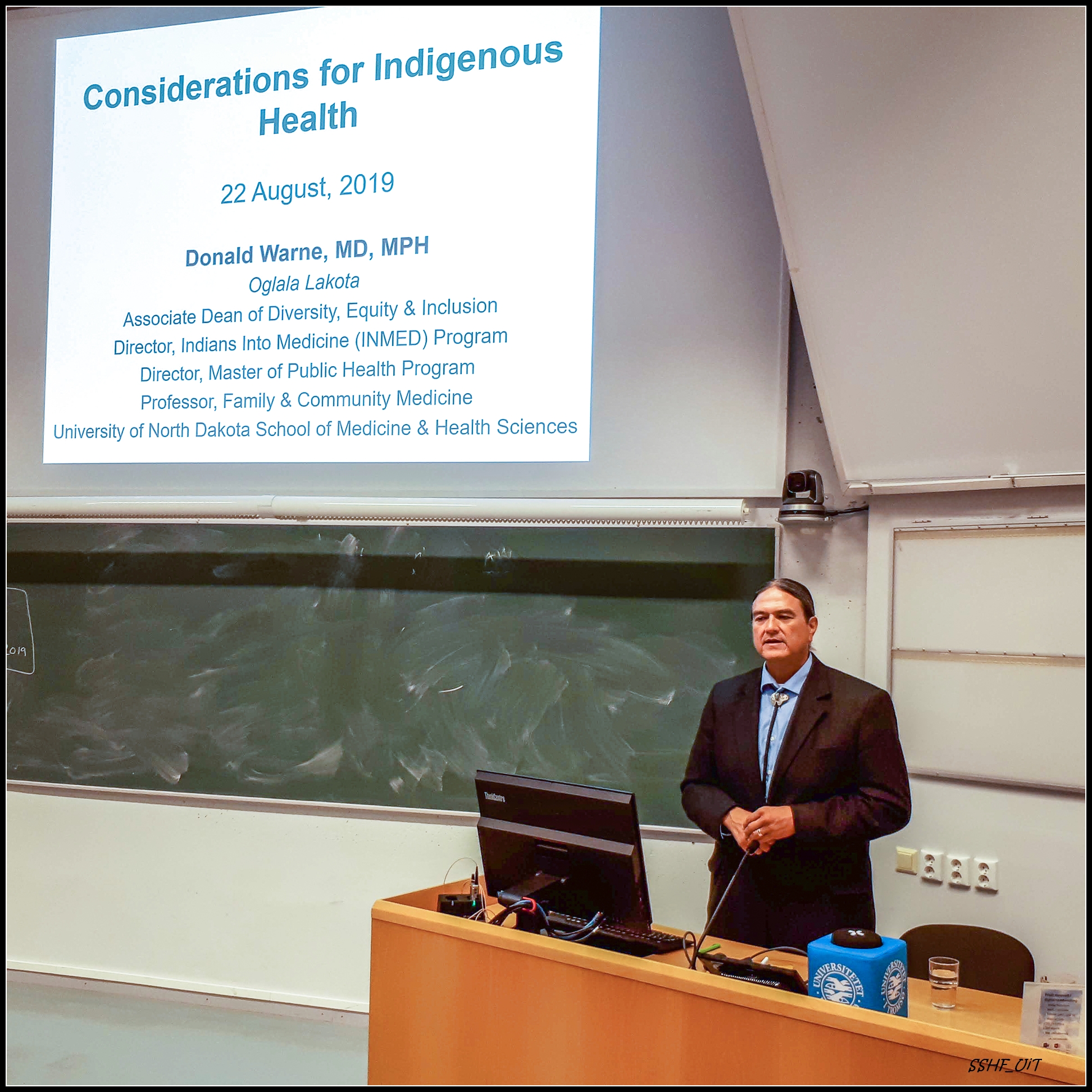
Donald K. Warne, M.D., M.P.H., currently work as the Associate Dean of Diversity, Equity, and Inclusion and Director of the Indians into Medicine (INMED) program at the UND School of Medicine & Health Sciences (SMHS), University of North Dakota. He is the Director of the Master of Public Health (MPH) Program, and Professor of Family and Community Medicine at the UND School of Medicine and Health Sciences. Warne does research in Health Disparities, Health Policy, Primary Care, Epidemiology and Public Health. His research interests are within health inequalities and the collective impact of mass trauma, particularly how historical trauma, discrimination, and marginalization over time and across generations affect living conditions and health of Indigenous peoples in the United States. Warne held an open guest lecture about the history and current state of the public health of Native Americans.
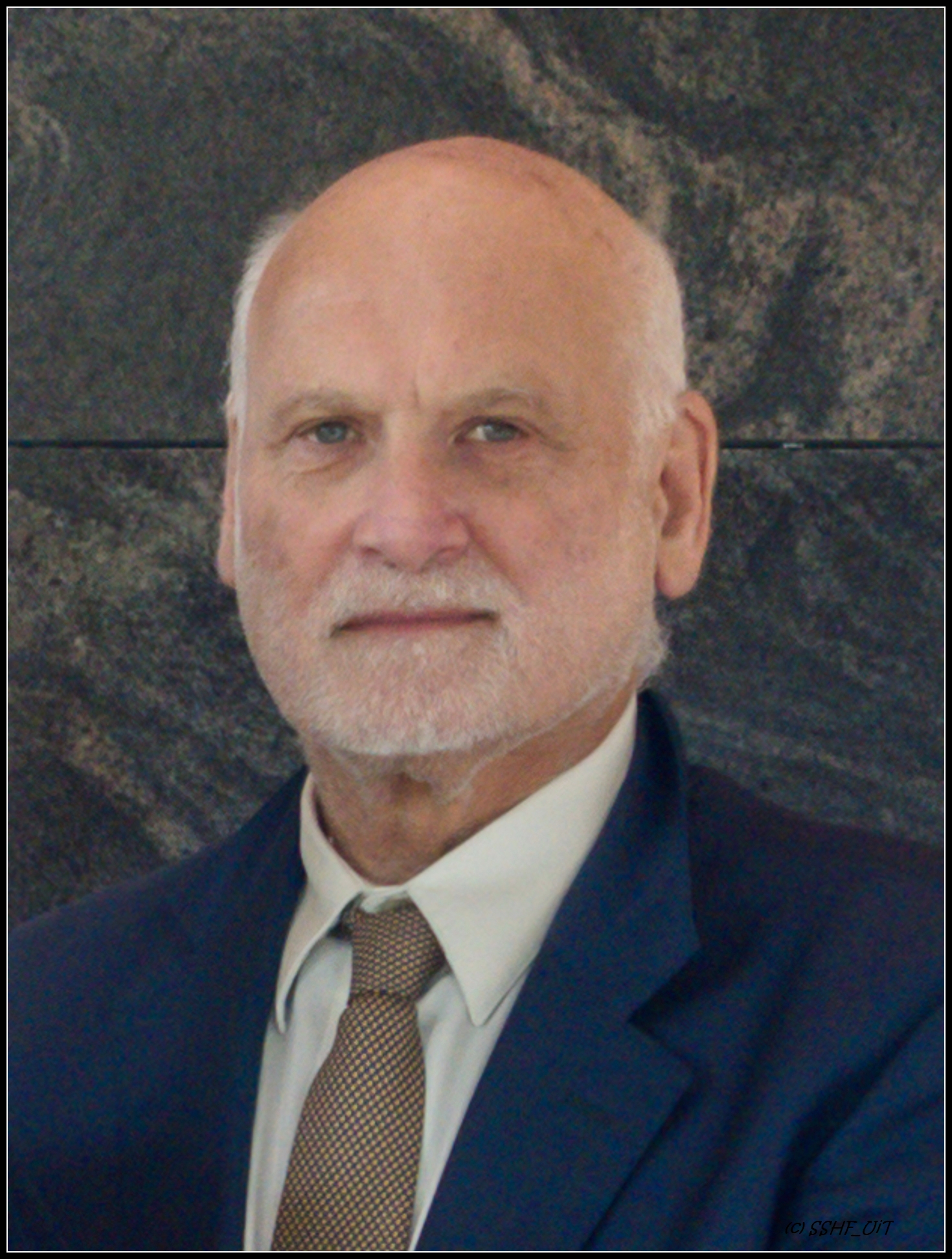
Professor Pål Davidsen works at the Department of Geography at the University of Bergen. Davidsen’s research interests are within System Dynamics modelling in different scientific areas, including Indigenous health research. The System Dynamics method is applied in almost all areas of research and planning and is used to guide information search, to formulate models, perform analysis, and to facilitate learning and policy implementation. The method helps solve complex problems within disciplines and it provides a unifying language that stimulates and facilitates interdisciplinary work and education.
UND and UiB have an international education cooperation agreement, which provides exchange opportunities for students from each institution. At our meeting we discussed both research and educational cooperation between the three Universities where one suggestion can be to consider adding Adverse Childhood Experiences (ACEs), historical trauma, boarding school experiences, and toxic stress into parallel research projects among American First Nation and the Sami population (as part of the coming SAMINOR 3 Survey). The possibility of a collaboration regarding epigenetic assessments in relation to measures of unresolved trauma in Indigenous peoples was discussed as well.
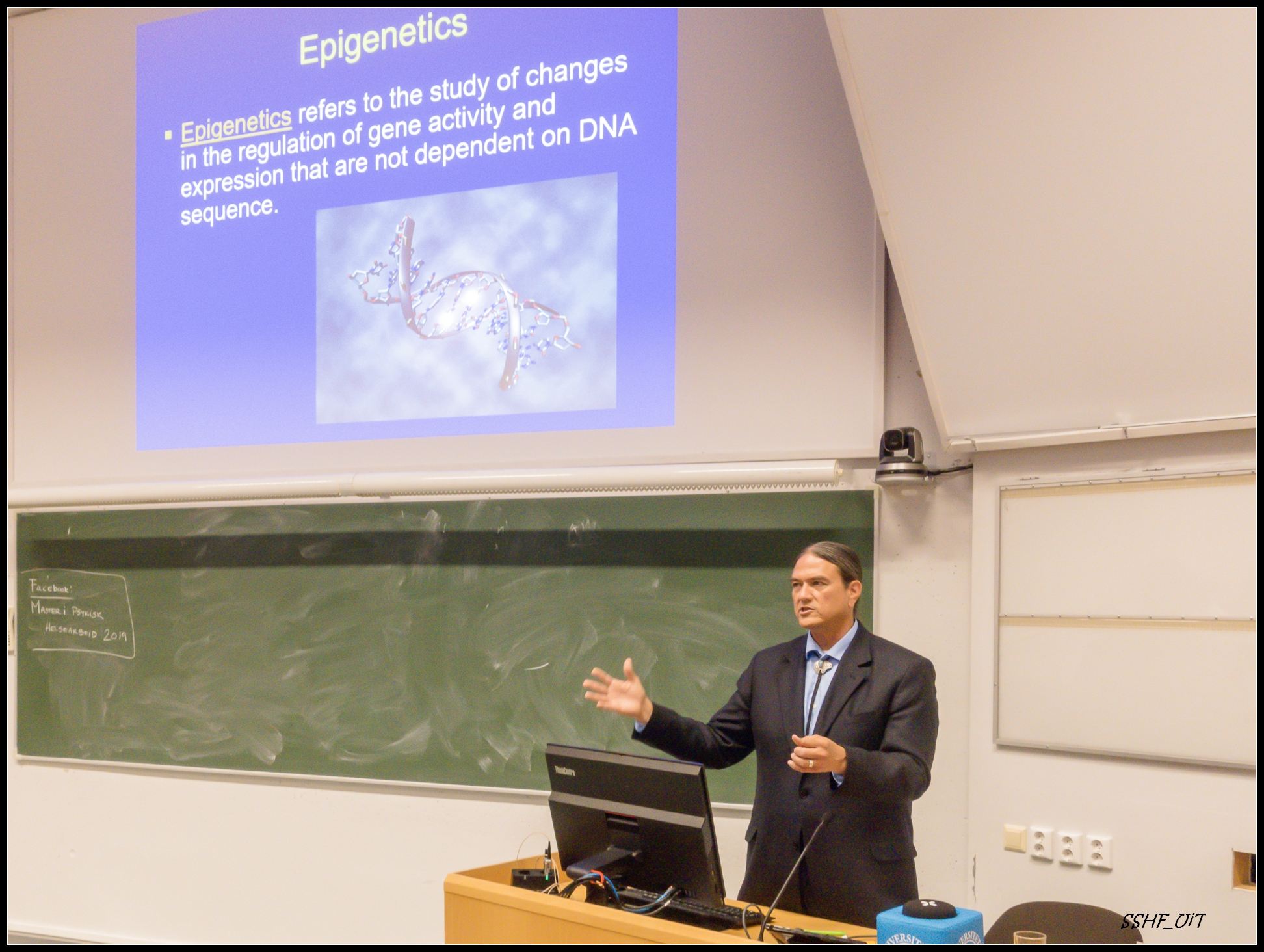
When it comes to education cooperation, the student exchange program that already exists between UND and UiB, might be extended to also include students from the MPH or Indigenous Studies programs at UiT. The Indigenous Health MPH at UND is designed to provide students with a critical understanding of determinants of Indigenous health and solutions to health disparities. The students examine the current health situation of Indigenous populations, in relation to their histories, cultures, societies, traditional healing systems, food sources, and colonization history.
Several graduate courses are available. UND can also provide guidance and mentoring for potential students from UiT and UiB. In exchange, students from UND could attend appropriate courses at UiT. Collaboration at PhD level is also possible.
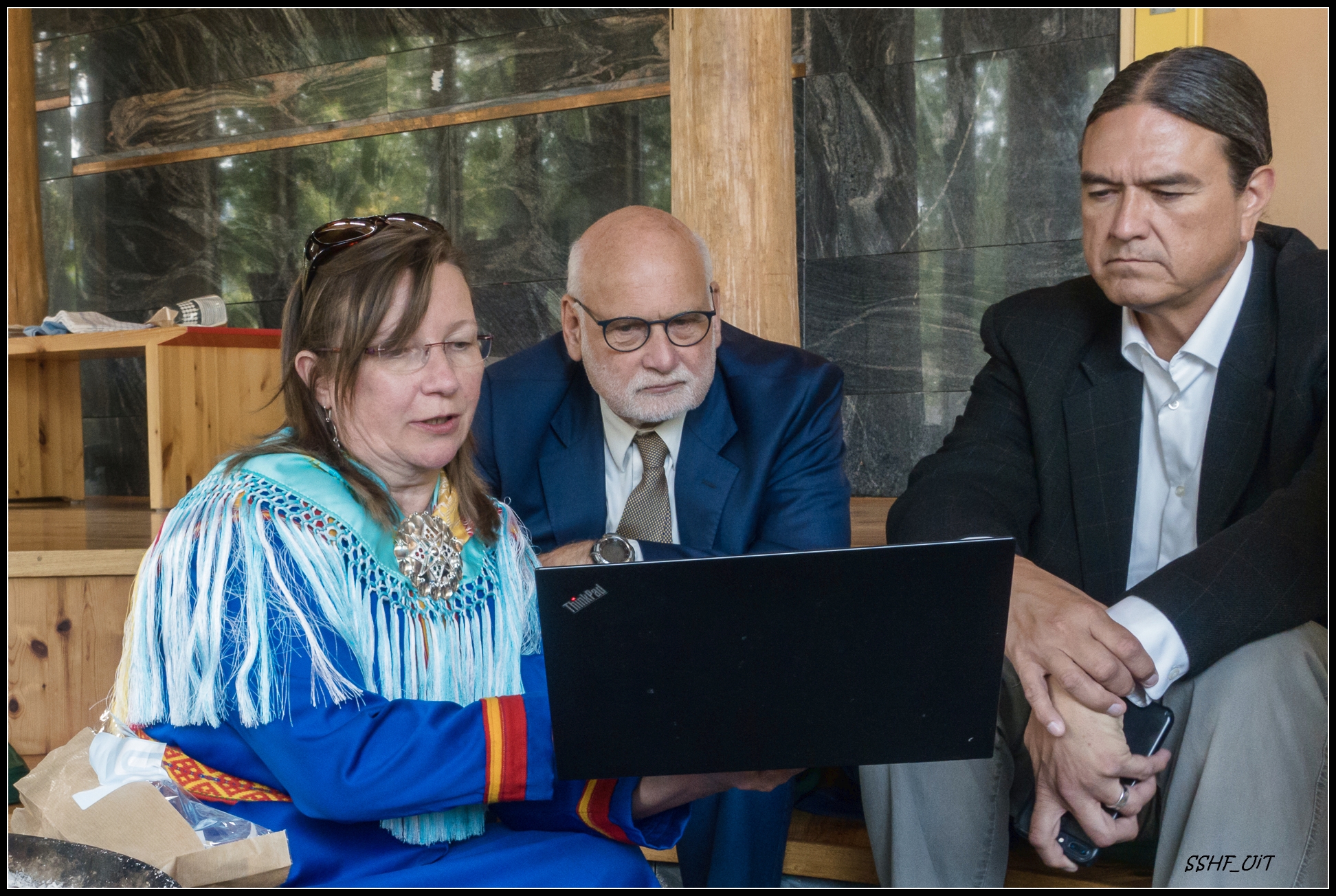
The Centre for Sami Health Research is looking forward to further cooperation with UND and UiB.
